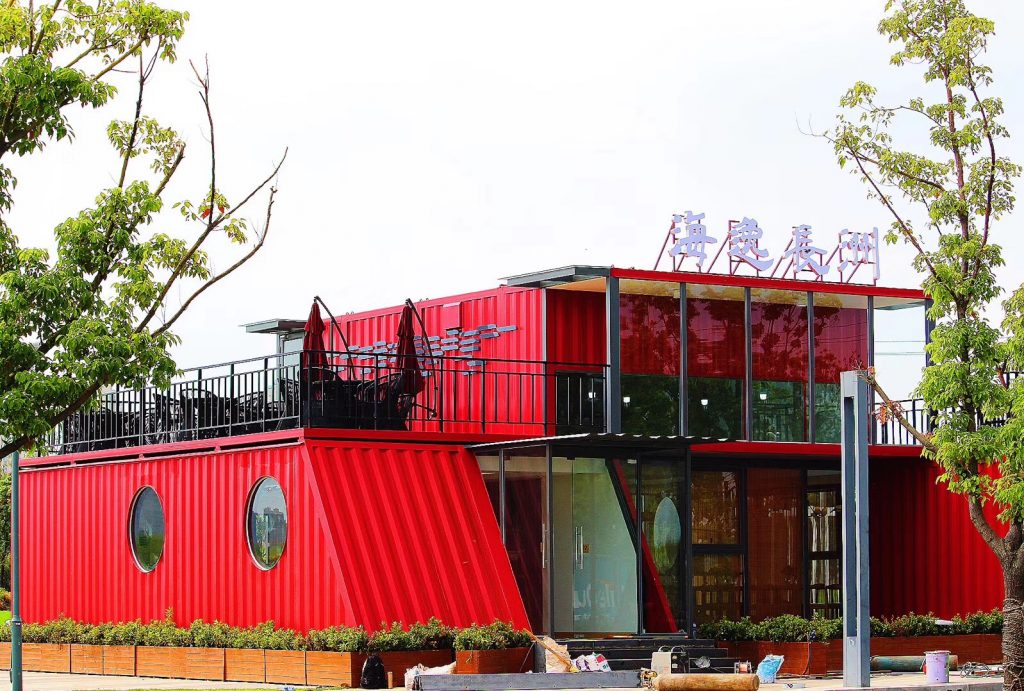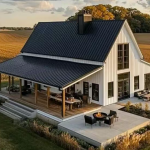Moblie: 8613816755915
Are prefab homes well-insulated
As more and more people are turning to prefab homes for their housing needs, it is important to understand the advantages and disadvantages associated with this type of construction. One of the most important aspects of a prefab home is its insulation. Are prefab homes well-insulated?
The answer is yes. Prefab homes are generally well-insulated, and often have superior insulation compared to traditionally constructed homes. The reason for this is that prefab homes are constructed in a factory, rather than on-site. This means that all of the materials used to construct the home can be carefully selected to ensure the highest level of insulation.
The heat insulation of Prefab homes is made of rock wool sandwich panels with high airtightness. The thickness of rock wool can be determined according to the heat insulation requirements. For example, the extreme cold and hot areas require a thicker thickness, generally 150mm–200mm; and Ordinary areas can use 50mm-100mm. The density of Solideck’s rock wool is greater than 40kg/m3, and the heat transfer coefficient is less than 0.06, all of which ensure the thermal insulation performance of Prefab homes. Solideck’s thermal insulation materials have Class A fire-resistant and flame-retardant properties.
Are Prefab Homes Cheaper To Insulate
Prefab homes are often constructed with materials that are designed to provide better insulation than traditional homes. For example, many prefab homes are built using insulated walls and roofs, which can help to keep the interior temperature more consistent and reduce the amount of energy needed to heat and cool the home. This can have a significant impact on energy costs, as it means you won’t have to use as much energy to keep your home comfortable.
This is due to the fact that prefab homes are constructed in a factory, which means that all the materials used to construct the home can be carefully selected to ensure the highest level of air tightness. Prefab homes are often less expensive to insulate than traditional homes because the insulation is already installed. This can save time and money during the construction process, as the insulation is already included in the cost of the home.
Conclusion
Prefab homes are well-insulated and can provide the same level of comfort as a traditional home. The insulation in prefab homes is made from high-quality materials that are designed to keep the home comfortable and energy-efficient. Additionally, prefab homes are often less expensive to insulate than traditional homes, and they are easy to install and maintain. With all of these benefits, it is no wonder that prefab homes are becoming more popular.


